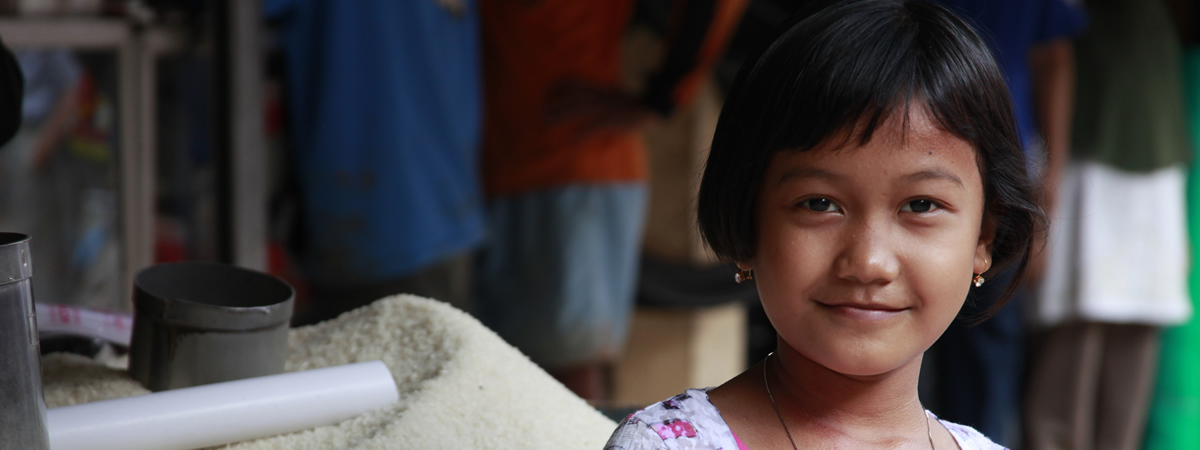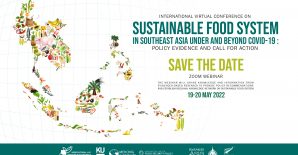IFPRI’s Central Asia Program is supporting four researchers from Central Asia to attend a two-week training on IFPRI’s IMPACT model in Penang, Malaysia. The researchers—one each from Kazakhstan, Kyrgyzstan, Tajikistan, and Uzbekistan—will be trained in in economy-wide modeling and learn to apply these skills to examine the potential impacts of climate change on agriculture and food security in their home countries using the IMPACT model. This activity advances local food security objectives in Central Asia by building the capacities of a corps of economists to work with climate, water, and crop models in the region.
The IMPACT tool—short for International Model for Policy Analysis of Agricultural Commodities and Trade—helps us understand the potential impacts of climate change and policy decisions on future food production and prices in specific regions and at the global level. It projects agricultural commodity supply, demand, trade, prices, and nutrition outcomes. Developed by IFPRI’s Environment and Production Technology Division (EPTD), the model draws on FAO data and accounts for more than 40 commodities covering most of the world’s food production and consumption. It uses climate change scenarios from the International Panel on Climate Change, a water simulation model, and trade data from 115 countries to predict changes in food production and prices.
Policymakers and researchers in Central Asia have expressed a strong demand to understand the implications of climate change for food security in their countries. Over the coming months, IFPRI will be collecting the requisite data to apply the IMPACT model to help answer pressing questions for Central Asia’s food security. The Central Asian economists attending the training will play an active role in improving the database and food production units of the IMPACT model and supporting IFPRI’s modeling work in the region.




Leave a Reply